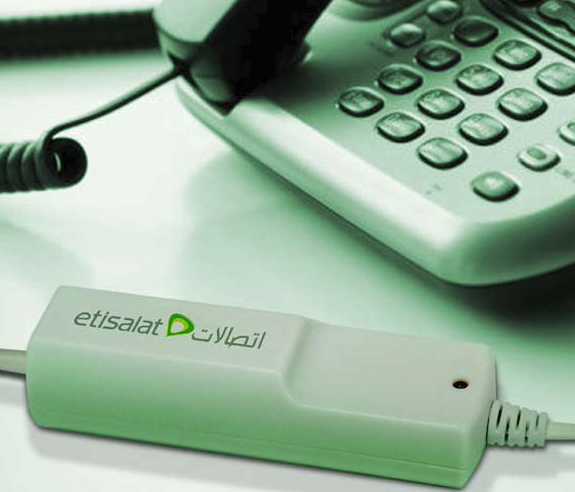In recent years, the Internet connection speed is steadily increasing in most countries around the world. While the global average connectivity speed rose by 13% in 2013, in the United Arab Emirates it registered a decline of 27%, new report says.
Globally, there’s a trend of increasing the Internet connection speed, an expected result from the constantly improving technologies and better Internet penetration. Recent report from cloud services provider Akamai analyses the state of the web and shows that the global speeds continued to rise, climbing 1.8% in the first quarter of 2014 to reach an average of 3.9 Mbps. The annual growth is even more impressive – the average connection sped up 13% from the same period of 2013. And according to the report, the jump will be even bigger in the next quarter and will exceed 15% on year-on-year basis in 2015.
At present, South Korea offers the fastest average Internet connection speed of 23.6 Mbps and posted a stunning annual increase of 145%. It is followed by Japan and its 14.6 Mbps and Hong Kong with 13.3 Mbps. The rest of the top 10 countries are all European, all reporting annual increases and the only one to experience a quarter-to-quarter drop is the 8th entry in the ranking, the Czech Republic. Huge gains from last year were reported by Sudan – its average connection speed jumped 196% reaching 3.2 Mbps. Surprisingly, the U.S. didn’t make it to the top 10, despite its 10% quarter-to-quarter increase. It is currently at 12th position (5.5 Mbps), while Canada is 11th and first in the region with 6.6 Mbps.
The UAE also didn’t make it to the top 10. In fact, it is the only country in the large EMEA (Europe, Middle East, Africa) region which saw a lower average connection speed from last year. It lost 27% to reach 4.3 Mbps, falling to No.58 in the global ranking.
However, looking at the short-term statistics, UAE’s average Internet connection speed increased by 3% from the previous quarter. When it comes to average peak connection speeds (which represents the average of the maximum speeds measured in the country), the UAE shows even worse performance. The country saw both short- and long-term decreases – down 22% and down 66% respectively. The drop is even more dramatic for the high broadband (>10 Mbps) connectivity – down 74% from 2013.
The average Internet connection speed in Libya is the slowest in the world – at 0.5 Mbps. The report also shows the number of unique IPv4 addresses – the U.S. is leading with 162,675,451, followed by China with 123,526,069.


































